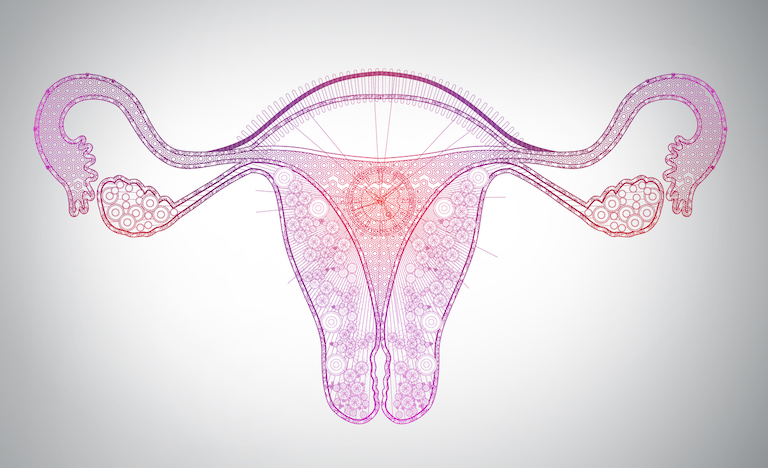
What is a laparoscopy?
This is a type of procedure or day-case operation with the aid of a fine telescope called a laparoscope. The telescope is introduced through a small cut in your umbilicus (tummy button). The surgeon then can see the inside of your pelvic area and abdomen.
Laparoscopy requires a short stay in hospital. The actual procedure takes between 20-180 minutes and requires a general anaesthetic. On the day of the operation, you will be admitted to the hospital and the anaesthetic doctor will administer general anaesthesia (put you to sleep).
How is laparoscopy performed?
An internal examination will be carried out and an instrument is introduced into the uterus (womb) through the cervix (neck of the womb) to help with the operation.
What are the complications?
Laparoscopy surgery is performed commonly and is generally regarded as being safer than surgery requiring an open cut on the abdomen. Commonly some women experience shoulder tip pain, wound bruising or wound infection. However, as with any operation, there is a small risk of serious complications in 1 out of every 1000 women that undergo a laparoscopy. Possible complications include hernia at the site of operation, injury to the womb (perforation), bladder injury, bowel injury or damage to major blood vessels.
Extra procedures that may be required to repair these complications include a laparotomy (a bigger cut on your tummy) and/or blood transfusion. If a laparotomy is performed, you will remain in hospital. The length of stay will depend on the type of complication and the amount of repair work done. Although very rare, 3 to 8 out of every 100,000 women undergoing laparoscopy die as a result of complication.
What happens after the operation?
When you have recovered from the effects of general anaesthesia, your doctor or nurse will discuss the findings of the operation with you. Another clinic appointment may be arranged to check your recovery or to discuss further treatment if you require one.
On discharge from the hospital, you should make arrangement for someone to take you home and it is essential that a responsible adult stay with you for at least 24 hours.
You may return to work as soon as you feel able but depending on the type of operation, it may sometimes take up to 1 to 2 weeks for you to fully recover.
Frequently asked questions
I would like to have a laparoscopy. What do I do next?
If you have been assessed by one of the clinic’s fertility doctors and offered laparoscopy as a treatment option, then please give us a call and let us know this is your choice. Laparoscopy is available in both the public hospital system and through private surgeons. We will organize a referral letter for you. If you have not been assessed or offered laparoscopy by one of the clinic’s fertility doctors, then please book a doctor’s appointment.
Why do people recover faster from laparoscopy than from open surgery?
Mainly because of the small incisions. The large incision used in many traditional operations causes more damage to layers of skin, muscle, and other body tissue. It takes a long time for the body to repair that damage – usually about six weeks. During that period, patients often have to restrict their normal activities so that the incision heals properly. The incision also causes a good deal of discomfort that makes patients want to take it easy for several weeks.
When can I have sexual intercourse or try for a pregnancy?
When the vaginal bleeding has stopped. Usually the bleeding lasts for 1-7 days.